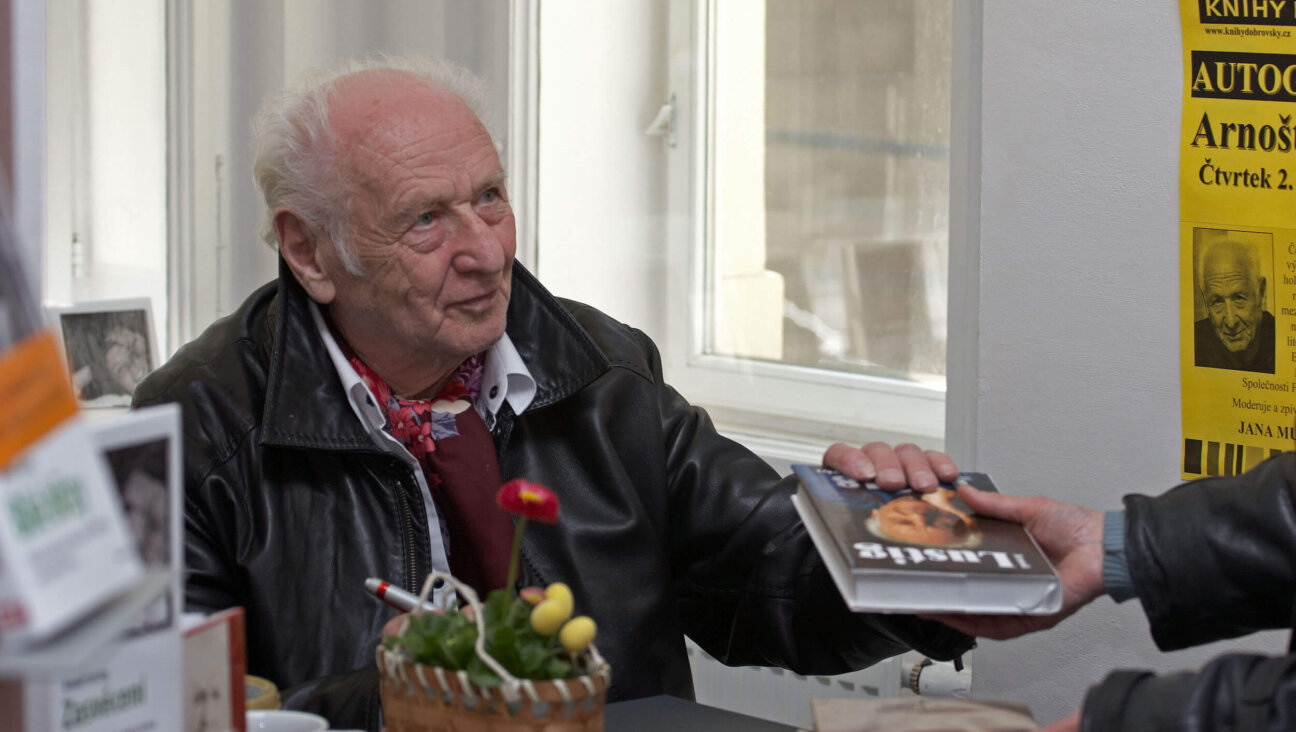Western Wall Rabbi Warns Ultra-Orthodox To Stay Away During Women’s Prayer Protest

Image by getty images
The Western Wall rabbi requested that haredi Orthodox girls not fill the plaza for the next Women of the Wall service.
Aiming to reduce tension at the plaza, Rabbi Shmuel Rabinowitz made the request on Thursday, one day before the monthly Rosh Chodesh service by the group.
Rabinowitz said in a statement that the mass gathering could spark tensions at Judaism’s holiest site and upset a fragile compromise on multidenominational prayer that has been taking shape through a committee convened by Israeli Prime Minister Benjamin Netanyahu.
Women of the Wall comes to the Western Wall to pray at the beginning of each Jewish month. In recent months, Israel’s haredi rabbinic leadership has sent thousands of haredi women and girls to pray there during the services, filling the women’s section of the plaza and preventing Women of the Wall from entering.
According to the statement, a confrontation between the haredi girls and Women of the Wall – whom Rabinowitz called a “provocation” – could upset the “sensitive security situation at the Temple Mount, which is now at its zenith.”
“When Jews fight with each other at the Western Wall, there is no greater desecration of God’s name,” the statement read. “Therefore we should await the decision of the committee, so that we can create order that will return calm and brotherhood to the Western Wall.”













